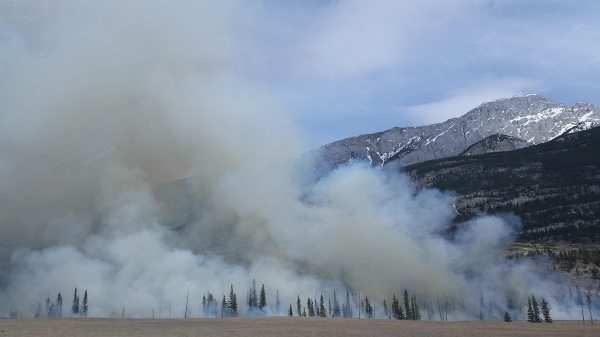In addition to a new approach in Alzheimer’s research, study from Buck Institute could explain why GLP-1 drugs show promise against dementia.
articles
Fire Smoke Exposure May Alter the Immune System, Even in Healthy Individuals
Exposure to fire smoke—which can be composed of particulate matter, gases, materials from buildings such as perfluoroalkyl and polyfluoroalkyl substances (PFAS), toxic metals, and carcinogenic compounds—may alter the immune system on a cellular level, according to a new study led by researchers at Harvard T.H. Chan School of Public Health.
Volunteers Monitoring Pollinators Make Interesting Findings
The UK Pollinator Monitoring Scheme (PoMS), which engages thousands of citizen scientists to record insects on surveys across the UK countryside and gardens, is emphasising the value of having a wide range of plants and habitats to support a diverse range of pollinators.
Study Shows Controlled Burns Can Reduce Wildfire Intensity and Smoke Pollution
A new Stanford-led study finds that controlled, low-intensity fires known as prescribed burns can slash wildfire intensity and dangerous smoke pollution across the western United States.
Protecting the Unique Biodiversity of the Falklands
Emily Williams, an ecologist at the UK Centre for Ecology & Hydrology, discusses a project to tackle invasive non-native species on the Falkland Islands, which included a recent visit to share knowledge with local experts.
Extreme Heat and Wildfire Smoke is a Risky Combination, New Study Finds
The risk of death spikes when people are exposed to both elevated levels of fine particulate matter from wildfire smoke and temperatures above 26 C, new UBC research has found.









